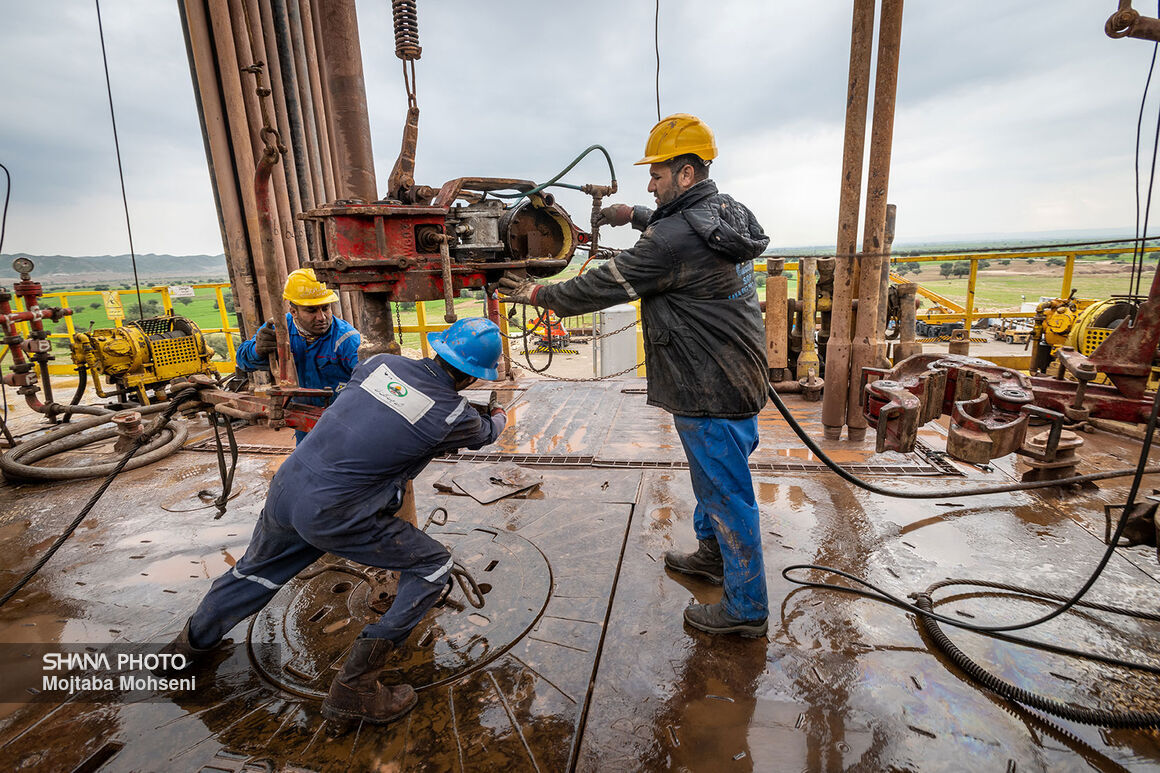Omid Shakeri said: "As sanctions intensify, our responsibility grows heavier to address technological needs by consolidating existing capabilities."
Shakeri pointed to the oil industry’s outlined goals in the Seventh Development Plan and announced the ministry’s successes in first-time production and supporting NTBFs.
He stated: "In 1403, the Oil Ministry took a major step in meeting the industry’s technological needs by signing 24 first-time production contracts worth approximately $100 million."
He added: "These contracts, some of which were unveiled at the third PetroTech event, demonstrate Iran’s serious commitment to achieving technological self-sufficiency in the oil sector. Some first-time products have already entered the oil industry’s production cycle, and this is only the beginning."
Innovation in financial tools, support for NTBFs
The deputy minister emphasized that diversifying financial instruments to support knowledge-based companies is a key focus of his office. "Through the Oil Industry Research and Technology Fund, we have designed tools such as riyal-denominated letters of credit, product purchase guarantees and commodity liability insurance, each addressing specific challenges these companies face," he said.
"Our goal is to further improve the business environment for knowledge-based firms and meet the oil industry’s needs."
Shakeri announced plans to expand these efforts in the new year, saying: "Next year, these activities will continue on a larger scale with greater impact."
Referring to harsh sanctions on Iran’s oil industry, he described the restrictions as an opportunity to boost domestic capabilities. "Though sanctions have created many challenges, they have pushed us toward self-sufficiency," he said. "The heavier the sanctions, the greater our duty to pool existing resources, meet technological demands and ensure uninterrupted oil industry operations."
He stressed that identifying and prioritizing domestic needs, then planning for their production, is a key strategy to counter sanctions.
Attracting investment, maintaining global market share
Shakeri highlighted global energy shifts and the need to increase production, stating: "During the energy transition, exporting countries like Iran must maximize output from their fossil fuel reserves. To achieve this, we need around $150 billion in investments under the Seventh Development Plan."
He added: "Attracting major investments through appealing contract models and business diversification is essential to boost production while exporting technical services, engineering and catalysts."
The deputy minister also praised the third PetroTech event as successful, saying: "Focused on technology and private sector support, it achieved its goals, and the signed contracts ensure project implementation."
Greater efforts amid challenges
Shakeri shared a Nowruz (Iranian New Year) memory from his oil industry career: "Years ago during the holidays, then-NIOC CEO discussed a new responsibility with me. His trust in assigning me a critical role during Nowruz remains a sweet memory."
Concluding with New Year greetings to oil industry workers and the Iranian people, he said: "We who have chosen to serve this industry and country must stand firm against hardships with even greater effort. Iran’s future will undoubtedly shine through perseverance."
He thanked media for covering the oil industry’s activities and wished everyone a year of health and positive developments.


Your Comment